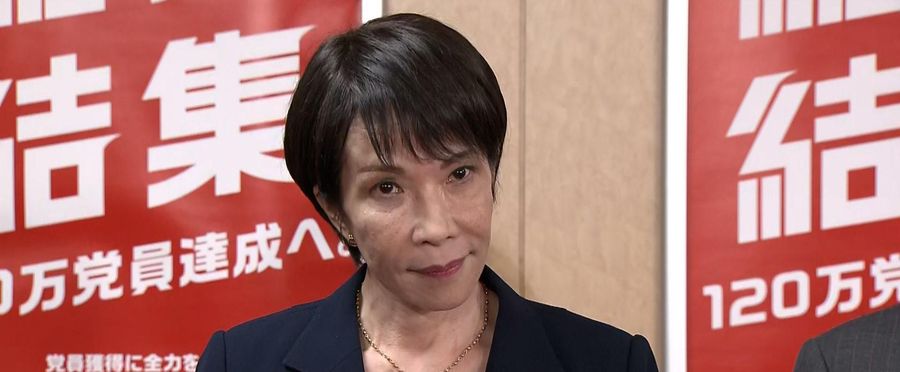The recent headline revolves around the disappointment expressed by the President, Takashi, over the unilateral withdrawal from the coalition. This unexpected move raises concerns about potential political instability, generating a wave of discontent among party leadership. Frustrations mount as parties and members have to scramble to reassess their strategies in an already delicate political landscape.
In Japan, coalition stability is vital to the smooth functioning of the government. The move suggests a lack of consensus building - a valued trait of Japanese society. Unilateral decisions like this tend to disrupt harmony and instigate uncertainty, thereby triggering public and political anxieties over the potential implications this could have on governance and policy implementation.
In the EU or US, coalition withdrawals are also seen as significant political events that can destabilize governments. However, the specific cultural and social context makes the repercussions vary. In the US, where a two-party system is dominant, such an event would be highly unusual and disruptive; while in many EU countries with multiparty systems, it might lead to government reshuffles or even snap elections.

